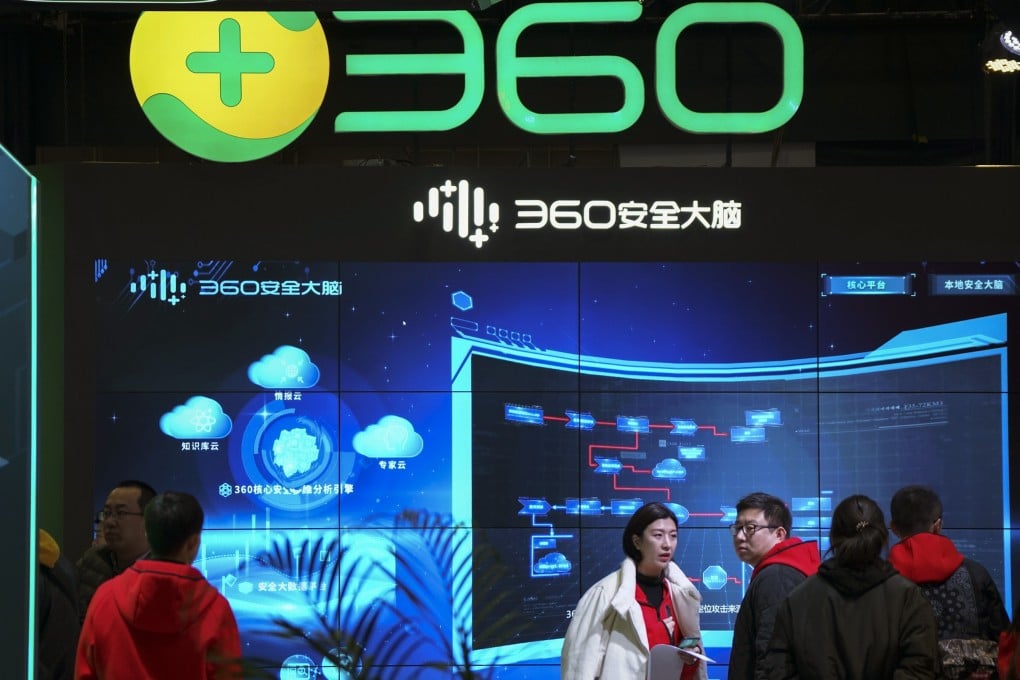Advertisement
Beijing says will take ‘whatever measures necessary’ to defend Chinese firms added to US entity list
- Statement comes as 33 more Chinese firms added to US entity list, curbing their ability to do business with American firms
- Speculation grows that China will soon roll out its own ‘unreliable entity list’ to retaliate against US firms
2-MIN READ2-MIN

China will take “whatever measures are necessary” to defend the interests of Chinese enterprises in response to Washington’s restrictions on an additional 33 Chinese firms and institutions the Ministry of Commerce said on Friday, the same day the new controls took effect.
China “firmly opposes” the move by the United States to add those Chinese companies and government organisations to its “entity list”, the ministry said, urging the US “to immediately stop these wrong practices”.
Inclusion on the entity list will restrict US companies from doing business with these firms without the specific authorisation of the US government.
Advertisement
The targets include software giant Qihoo 360, cloud robot and services start-up CloudMinds and Skyeye Laser Technology, a lidar measurement company.
Washington accused the targets of helping China spy on its minority Muslim Uygur population in Xinjiang autonomous region or because of alleged ties to weapons of mass destruction and China’s military.
Advertisement
Advertisement
Select Voice
Select Speed
1.00x